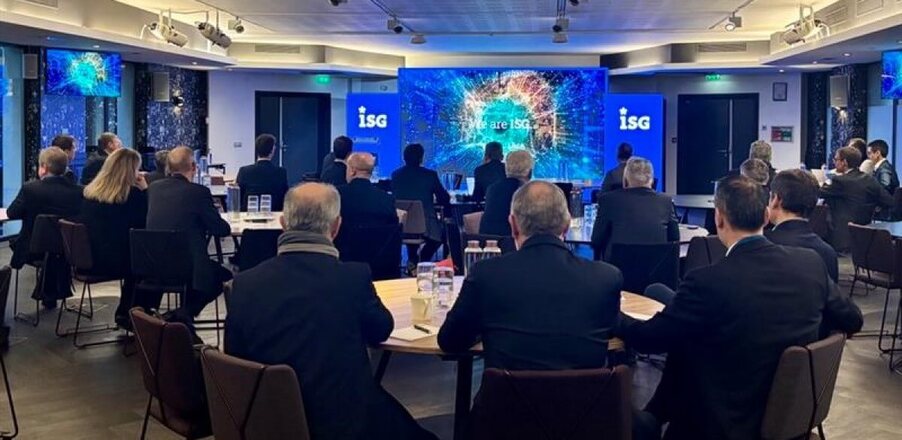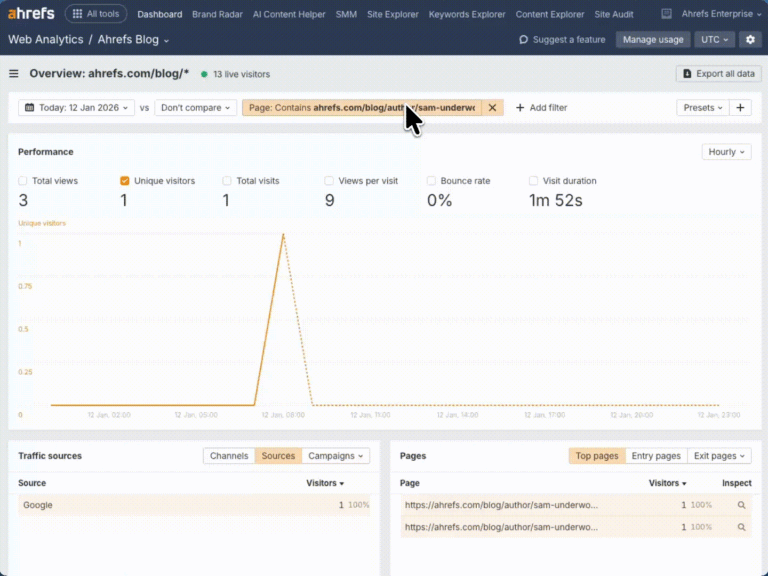
Despite mounting economic concerns and the looming impact of new U.S. trade tariffs, the global market for IT and business services maintained a strong performance in the first quarter of 2025, according to the latest ISG Index released by technology advisory firm Information Services Group (ISG).
The report highlights that the combined annual contract value (ACV) for both managed services and cloud-based as-a-service (XaaS) offerings reached $28.8 billion in Q1, marking an 18% year-over-year increase and setting a new record. This growth represents the sixth consecutive quarter of sequential gains, with a modest 2% increase from the previous quarter.
Cloud-based services continued to be the primary driver of this growth. XaaS registered a 30% year-over-year jump in ACV, reaching $18.4 billion. This included a record-setting $13.9 billion for infrastructure-as-a-service (IaaS), up 34% compared to the same period last year, albeit with a 4% sequential increase. Major cloud providers AWS, Google Cloud, and Microsoft Azure accounted for 75% of IaaS revenue, collectively growing 48% over the year.
Software-as-a-Service
Software-as-a-service (SaaS) also posted record numbers, with $4.5 billion in ACV – a 19% rise over Q1 2024. This marked the fourth consecutive quarter of year-on-year growth for SaaS, driven by continued enterprise investment in cloud-based applications.
Managed services, by contrast, showed more modest performance. ACV came in at $10.5 billion, a 2% increase from Q1 last year but a 2% drop compared to the previous quarter. Although the volume of contracts dipped slightly, with 713 deals awarded (down 2% YoY), the number of large-scale contracts – those valued at $100 million or more – increased to six, up from four in the same quarter last year.
IT outsourcing (ITO) showed surprising strength, posting $7.8 billion in ACV – a 12% year-over-year increase, supported by robust demand for both infrastructure and application services. Notably, infrastructure services surged nearly 60% compared to a weaker Q1 in 2024, while application services climbed 12%.
On the other hand, business process outsourcing (BPO) faced its most significant setback in over a decade. The segment dropped to $1.5 billion in ACV, down 39% year-over-year, with every BPO subcategory experiencing double-digit declines. This marks a 5% contraction for BPO over the past 12 months.
In contrast, engineering, research, and development (ER&D) services – newly tracked independently by ISG – delivered record growth. ACV for ER&D services reached $1.1 billion, growing 42% year-over-year and continuing a trend of double-digit growth for the fifth consecutive quarter.
Potential Scenarios for 2025
ISG President and Chief AI Officer Steve Hall characterized the market’s current momentum as encouraging but warned of potential volatility ahead. “Cloud and AI are driving digital transformation, but short-term uncertainties – particularly around trade policy and regulatory shifts – could impact discretionary IT spending,” said Mr. Hall. He emphasized the role of global capability centers in managing geopolitical risks while supporting hybrid delivery models and accelerating development cycles.
Looking ahead, ISG projects two potential scenarios for 2025, contingent on how long trade tensions and tariff uncertainties persist. Under an optimistic outlook – where trade policy stabilizes mid-year – XaaS growth is expected to reach 18%, with managed services growing by a modest 1.3%. However, if tariffs and related uncertainties extend into the third quarter or beyond, managed services could see a contraction of 2.4%, while XaaS growth could slow to 15%.
Steve Hall noted that several industries, including manufacturing, retail, automotive, and financial services, are already showing signs of deferred spending and longer decision cycles. “This isn’t a signal of shrinking demand, but rather a shift toward delayed commitments,” he said, maintaining a cautiously optimistic stance.
Smaller contracts – particularly those between $5 million and $10 million – also reflected this trend. These deals were down 13% sequentially and 6% year-over-year, indicating growing caution around discretionary IT investments.
Despite these potential headwinds, ISG remains confident in the fundamental strength of the market. As organizations continue to seek operational efficiency, cost resilience, and modernization, especially through cloud-native technologies and AI-driven innovation, the firm sees sustained momentum – albeit with caution.
“Fundamentally, the indicators from Q1 remain strong,” concluded Mr. Hall. “The change we’re witnessing is less about diminishing demand and more about strategic pauses in investment. As uncertainties clear, we anticipate many of these projects will come back into play.”
The ISG Index evaluates commercial outsourcing contracts with an annual contract value of $5 million or more. The latest results paint a nuanced picture: one of a resilient market still firmly anchored in long-term transformation trends, yet navigating an increasingly complex macroeconomic and geopolitical landscape.





